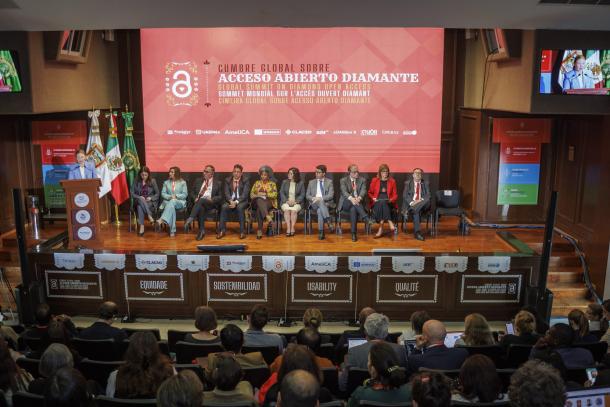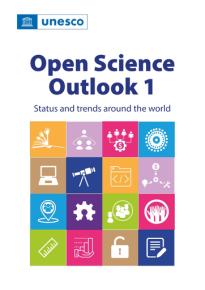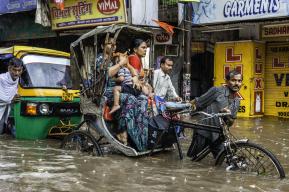News
Diamond Open Access: Global Paradigm Shift in Scholarly Publishing

This innovative model, which has garnered considerable attention in recent years, represents a departure from traditional Open Access models by ensuring that research outputs are freely accessible without imposing financial burdens on authors and readers.
This widespread endorsement and support for Diamond Open Access journals, repositories and platforms represent a paradigm shift towards dismantling the barriers hindering the access and distribution of publicly funded research. it is not just about broadening access; it's a commitment to bibliodiversity, affirming equitable access to scholarly publishing and research outputs regardless of geographical, financial or institutional constraints.
In the words of Prof. Jean Claude Guedon, the Open Access movement is more than simple right to access to scholarly and scientific research.
It also harbours a concern for the rights needed to participate in the process of knowledge creation itself. Disentangling knowledge production from market-driven mechanisms (..) is the needed goal to correct issues adversely affecting research processes nowadays.
Open Access accelerates the pace of discovery, fostering breakthroughs that benefit society at large. Dr Eduardo Aguado Lopez asserts “In recent years, commercialization and privatization of the exchange of knowledge has been reinforced. Science is a common and global public good and the academic sector must not lose control and ownership of knowledge processes (..).”
Diamond Open Access empowers individuals and communities worldwide, ensuring equal access to information regardless of location or institutional affiliation. Prof. Arianna Becerril García stresses the importance of returning to the essence of science as a collective endeavor for universal benefit.
This move encompasses non-commercial scholar-led Open Access (..). The history of scientific communication in Latin America and the Caribbean proudly shows that it is possible; Just like education, science should be a right and not a privilege.
Dr Alice do Fatima Pinto from Angola underscores the significant of defending knowledge as a public good. “As demonstrated by the Constitution of the Republic and the national science (in Angola), technology and innovation policy in force, we recognize the importance of working for a scientific ecosystem guided by Open Access."
UNESCO assists Member States in formulating Open Access policies, in line with its 2017 Recommendation on Science and Scientific Researchers. In addition, the 2019 Recommendation on Open Educational Resources provides a comprehensive framework for freely accessing openly licensed educational materials for teaching and learning. The 2021 UNESCO recommendation on Open Science emphasizes global cooperation to maintain, increase and diffuse knowledge. The recently launched 2023 UNESCO guidelines on Open Data further underscore the commitment to adopting and promoting Open Access and Open Scientific Research and data.
The Global Summit on Diamond Open Access held in Toluca, Mexico in October 2023 provided a global platform to initiate a formal federated mechanism for global collaboration on Diamond Open Access was put forward. UNESCO has already initiated collaborative efforts with its partners to formulate a framework that will coordinate Open Access movement and bring together all stakeholders and funders together The summit also laid the groundwork to be integrated into the ongoing Open Science monitoring process, as a required step in the implementation of UNESCO Recommendation on Open Science. key stakeholders, scholars, publishers and policymakers to shape the future of Open Access. Hosted by the National Autonomous University of Mexico (UNAM) and co-organized by UNESCO AmeliCA, ANR, CLACSO, cOAlition S, Redalyc, Oscar Rivas university, OPERAS and Science Europe facilitated discussions on the principles, challenges, and opportunities of open access in the academic world, signaling a new era of inclusivity and collaboration in scholarly publishing.






